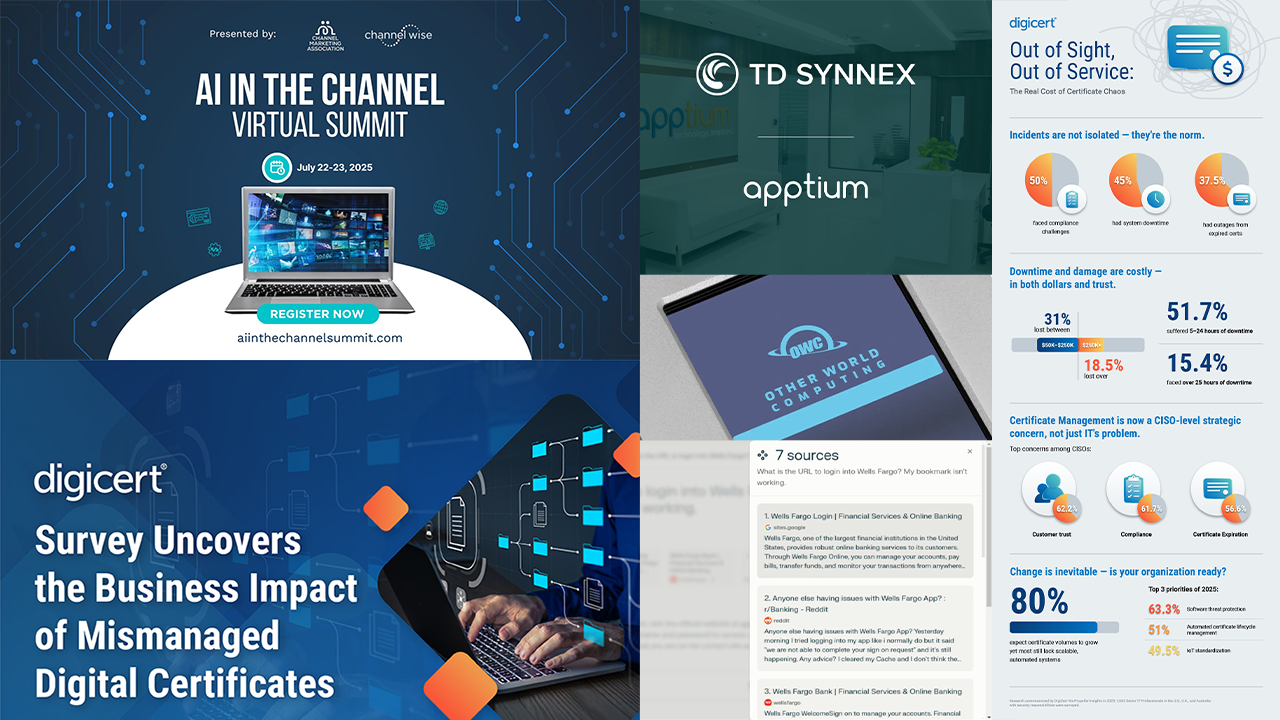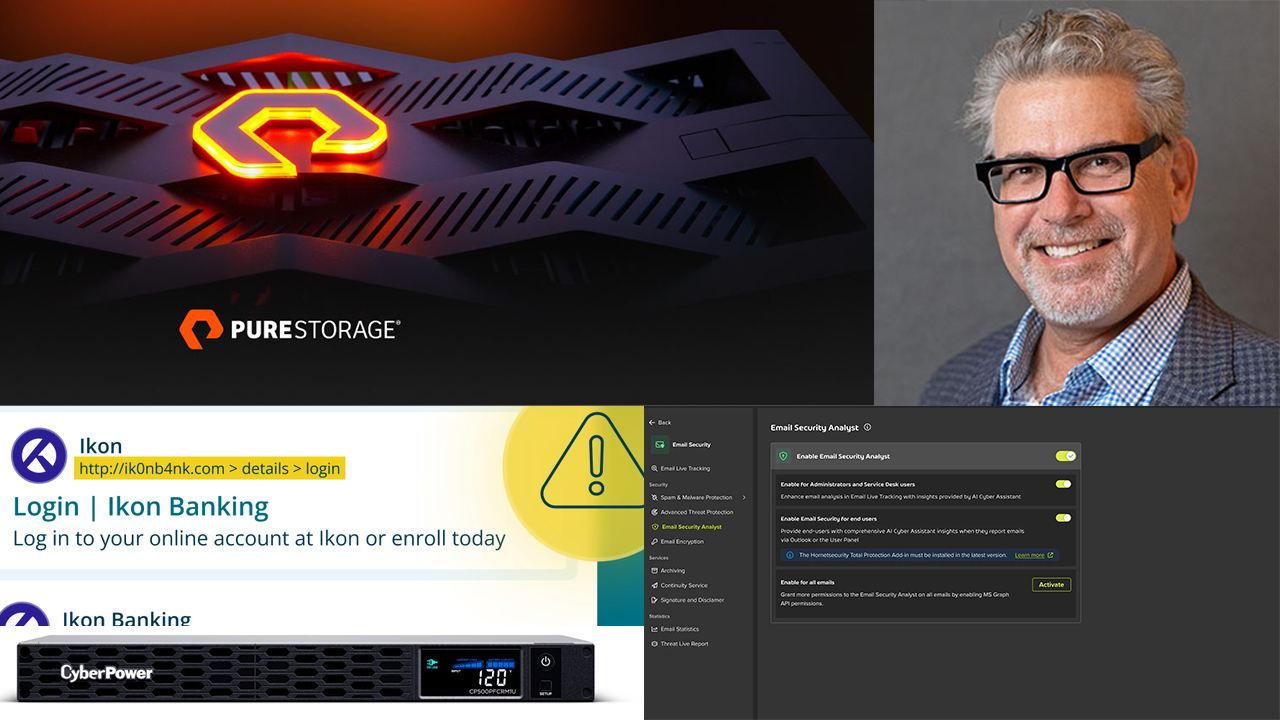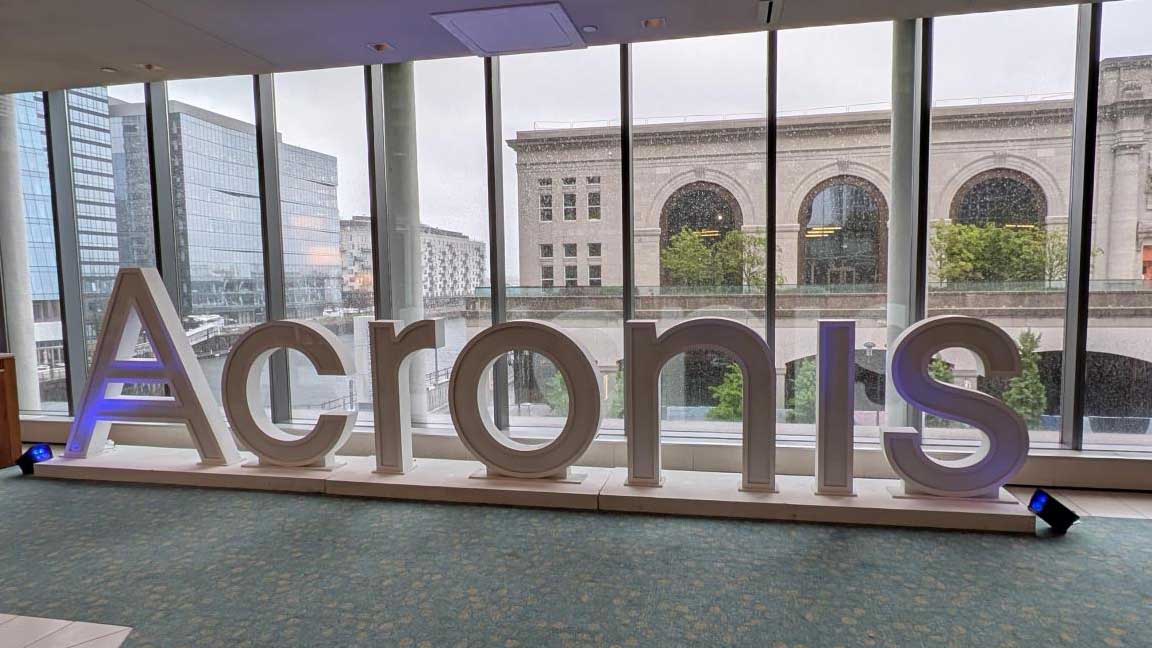Jamf, the standard in Apple management, announced the results of an independent, global survey of 700 retail IT decision-makers on the state of mobile technology in retail. Conducted by Vanson Bourne and commissioned by Jamf, the goal of the survey was to collect data on the benefits gleaned and challenges faced from mobile technology deployments in retail environments across the globe. Key findings reveal that nearly all IT decision-makers surveyed (99%) say that their retail store(s) have implemented at least one mobile technology in-store, highlighting the potential for technology to transform the shopping experience.
Benefits and future of mobile technology in-store
It’s clear that retailers are utilizing technology to elevate the retail experience. Respondents confirm that mobile technology enables them to optimize inventory planning and management (96%) and point-of-sale (96%), personalize the customer experience (96%), as well as boost employee productivity and motivation (95%). In fact, the majority of respondents confirmed that mobile technology makes their retail brand more competitive and/or drives increased revenue by streamlining the sales process (both 91%). Half of respondents (50%) also report that customer satisfaction has improved significantly after deploying devices.
Mobile technology will likely play an even greater role in a future retail environment. Nearly all respondents (rounded to 100%) plan to increase mobile technology use in the future and already are offering, or plan to offer company-issued mobile devices for staff use (95%), point-of-sale systems (95%), connections between physical and online shops (93%), fixed interactive screens in-store (94%) and shared devices (90%).
Most retailers prefer Apple devices in-store for the transformation of the retail experience
When it comes to the preferred mobile devices in retail, there is a clear preference of platforms among respondents. Over three-quarters (76%) of retail IT decision-makers believe that Apple devices are better to use in retail than Windows or Android, despite nearly half (48%) using a mix of Apple, Windows and/or Android devices today. Issues with Windows or Android devices may be a factor in the preference for Apple only, as more than three-quarters of respondents (82%) who use Windows or Android in their retail environments experience problems.
“While mobile technology has been broadly adopted by retailers small and large, many applications of the technology are still only single-purpose,” said Josh Jagdfeld, director of alliances at Jamf. “iPad and iPhone, along with the power of the Apple app ecosystem, are being used in-store globally to allow retailers to get the most from their devices and optimize processes, engage teams and enhance the broader customer experience. However, even with the multitude of benefits that mobile technology makes possible, retailers are still facing challenges when it comes to finding, deploying and managing devices across multiple applications and workflows.”
Challenges in managing devices in retail
For all the benefits of using technology, the survey reveals there are some remaining difficulties that retail IT decision-makers face when it comes to managing multiple platforms and ecosystems in store. Organizations that use multiple devices are more likely to experience challenges managing multiple devices’ functionalities and logins (45%), security and compliance (43%), system integration issues (40%) and technical difficulties (37%); ultimately demonstrating the difficulties of navigating a multi-platform environment.
A majority (89%) of retail IT decision-makers whose organization uses more than one mobile device management (MDM) solution wishes their organization used just one, highlighting the need for retailers to prioritize and choose one device ecosystem to use and manage in-store. This ecosystem management approach enables IT to deliver a seamless experience for end-users, including shoppers and employees.
As retailers are looking to revitalize the in-store experience with technology, it’s critical that it is well managed. A majority of respondents (91%) agree that MDM solutions are, or would be, beneficial for managing technology in their organization’s retail stores. With MDM, retailers can minimize time and cost challenges, as the survey found that on average, a retailer’s IT team using MDM could save 24% of time and 25% of money annually. In addition, MDM can help configure devices for a specific use case (45%), enable devices to be user-friendly for staff and customers (44%), personalize employee devices (42%), ensure devices are equipped with up-to-date OS/software (42%) and more.
Summary of Key Findings:
- 99% of retailers have implemented at least one mobile technology in-store
- Most retail IT decision makers confirm mobile technology enables their retail brand to be more competitive and leads to increased revenue by streamlining the sales process (both 91%)
- Respondents confirm that mobile technology enables them to optimize inventory planning and management (96%) and point-of-sale (96%), personalize the customer experience (96%), as well as boost employee productivity and motivation (95%)
- 76% of surveyed retail IT decision-makers believe that Apple devices are better to use in retail than Windows or Android
- Respondents who use a combination of Apple, Windows and/or Android are more likely to say that Apple devices are better to use in retail, compared to Windows or Android (87%). In addition, more than three-quarters of respondents (82%) who use Windows or Android devices in their retail environments experience problems
- On average, retailer IT teams that use MDM could save 24% of time and/or 25% of money annually
- Retail stores with mixed device environments are more likely to have difficulties managing multiple devices’ functionalities and logins (45%) as well as security and compliance (43%)
- Almost half (48%) of respondents’ organizations use more than one MDM solution, but around nine in 10 of them wish they only used one
Survey Methodology:
This survey was conducted by Vanson Bourne and commissioned by Jamf. A total of 700 global retail IT decision-makers across the US, UK, Japan, Germany, France, and Australia were interviewed around the state of mobile technology in retail.













